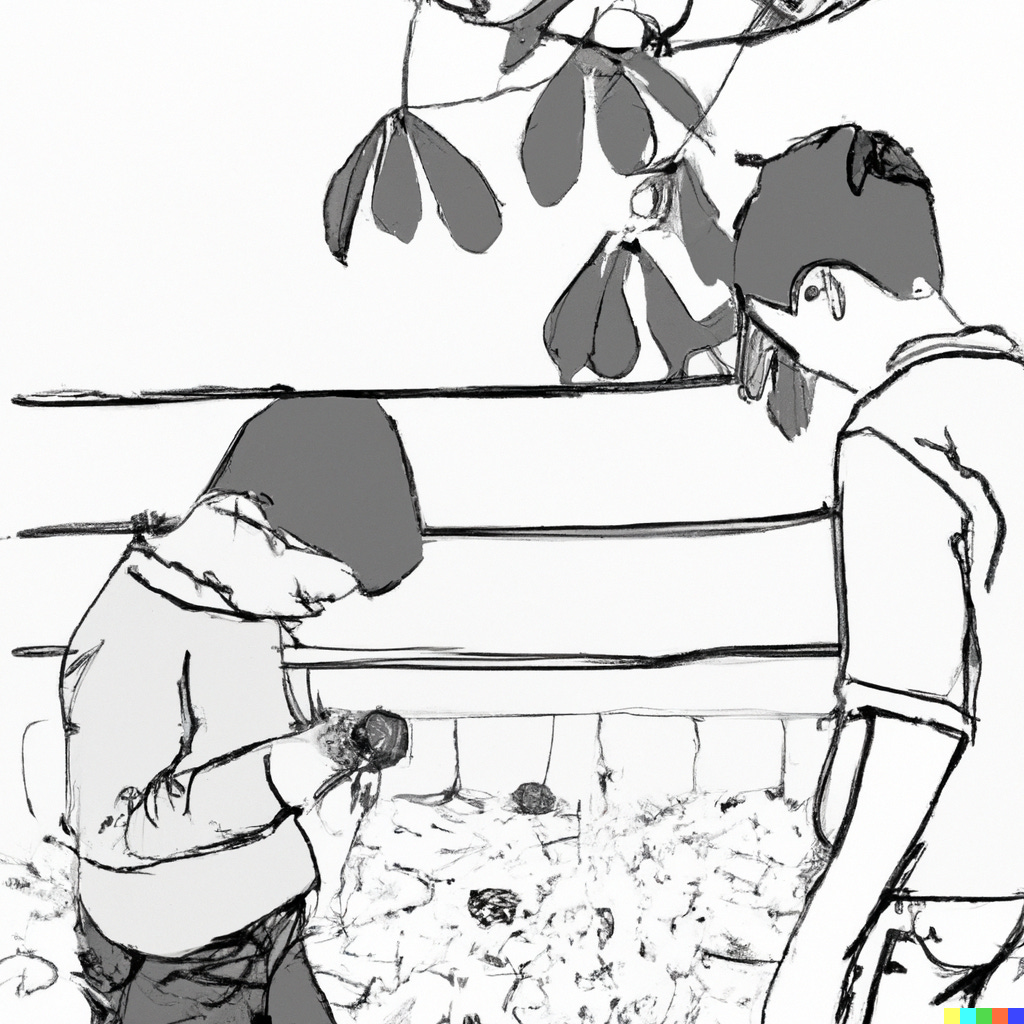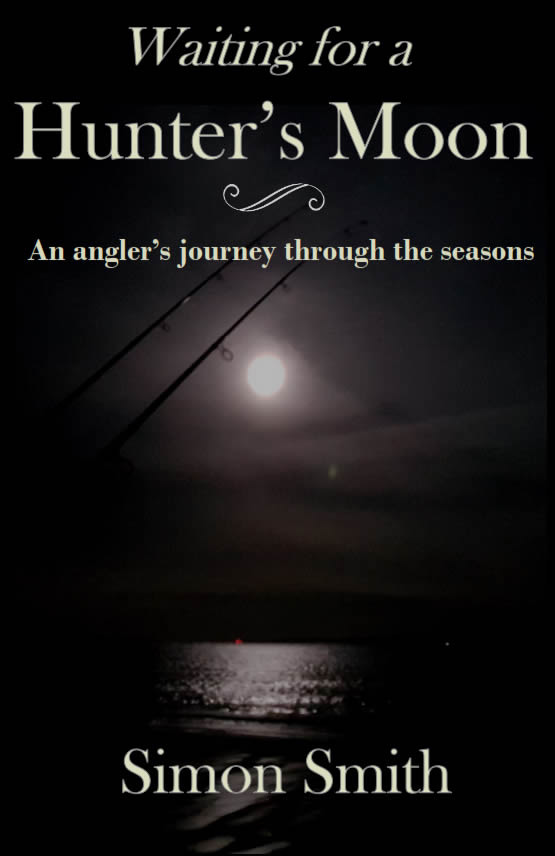Quietly, and with a minimum of fuss, they have filed in and taken their places. It could be the fact that it’s a Monday morning, or that it’s cold and wet outside, but more than likely it’s simply down to the time of year.
The murmuring susurration of voices dies away as the Assistant Head teacher steps up to take his place upon the stage in front of us all, his face tightened into a bead of concentration.
Everything is quiet aside from the sound of rain on the roof. In this hall building, the metal roof amplifies everything, so that the building storm outside sounds like a thousand windfalls.
When satisfied that all is in order he begins his recital and we, teachers and pupils alike, watch on in silence as the list of names reels up through the screen in time to his calling aloud and then
Eternal rest grant unto them, O Lord,
And let perpetual light shine upon them,
May they rest in peace,
Amen.
Pupils, staff, clergy; the names rise up across the screen like smoke, there one second and gone the next. Every year the list gets longer, takes slightly more time to read out, and all of us, child and adult alike, can’t help but think that one day in the future somebody will be calling out our names, a fact made all the more real to those of us who remember the faces, the laughs, the tempers and the foibles of some of those names that now are nothing more than addenda to this collection of letters, something to which we will all eventually be reduced.
We file out of the doors as one mass under the weight of a leaden sky. The rain is beginning to fall more heavily now, a rain that carries that sleety edge. The wind takes hold of the trees that line our left side, throttling leaves out of the branches and I’m reminded of an afternoon only a couple of days previous, and a falling of a different kind.
“What are they doing, Dad?” Elle asked as she, Rachel and I were strolling through a local park. “Come on, let’s go and see.” Forty yards or so ahead, a middle-aged couple had regressed to their childhood, leaping and giggling and scrabbling up at branches a few feet above their heads. Occasionally, they managed to catch hold of one, tugging at it repeatedly until it sent down a shower of conkers upon their heads, causing another burst of giggles and theatrical ducking before the whole thing started all over again.
No wonder it looked so alien to my daughter; conkering isn’t something that is often seen these days, particularly in this neck of the woods, though in this case it did manage to conjure up the past and trigger some happy memories.
I reach my desk and sit awhile in the quiet classroom, the children all having gone to break, and continue to listen to the names still running through my head, one of them being Chris, a new addition to the list this year; a good man who had taken early retirement, and to whom I had chatted only a fortnight before his death, memories brought to mind hard on the heels of All Saints day and All Souls day, both having passed only a couple of days ago.
I come to, as if out of a trance, getting up from the desk to shake some life back into myself. The major plus point of my classroom is that it has half a wall full of windows that offer expansive open views. Looking down, I have an almost uninterrupted vantage point over the playground. Thwack! goes the football as it is hoofed from one end of the yard to the other. Thwack! Up it flies again, this time travelling farther and longer, through twenty-five years, landing now in my own primary school playground that resounds again to the thud of that football whacked back across its length every day. That is, until one day when one of the boys produced from his rucksack a bag of marbles.
Where he had got them from, I can’t remember. Perhaps he’d found them in an old corner of his father’s belongings, or maybe a grandparent had given them to him in a fit of nostalgia. Whatever was the reason, that first time he brought them in and emptied them rolling and glinting into my cupped hand like Burmese rubies and sapphires, kick-started a whole retro trend that ran throughout the school for weeks. The playground had fallen into a strange kind of twilit hush as dozens of groups of young heads closed in and hunched around the chalk circles that now peppered its concrete surface. Every day hopes were raised then dashed as prize marbles were won and lost and won back again, holding us all in suspense.

Until the arrival of conkers, that is.
“Have a look at this, boys” Dave had said, producing from his bag a handful of conkers suspended from some manky old shoe laces that looked as though they had been dredged up from the inside of a bin. “My dad was showing me how to play last night.” Sceptical, three of us took up a conker and followed his instructions until, within five minutes, those conkers became our world. All other things were quickly twisted out into a fuzzy haze of inconsequential background as our whole world, no, our whole existence – life, future, death – hung dependant on our obliteration of the other boys’ conkers. Nothing else mattered.
After our first taste we spent weeks traipsing through the overgrown lakeside and docklands looking for chestnut trees and then, afterwards, nagging our elders for information that saw us drying, pickling and baking and all sorts of various combinations of the three. Then, it was back to the yard every day, every fibre of my being centred on the conker that was hanging there from the string in front of me, and on smacking it as hard as I could.
Like all phases, conkers soon passed on. Not long after I would begin the longest of them all, a phase that came to overshadow all the others.
Just as antiquated in its way, garnered from the same source, fishing was the original old-fashioned hobby. Strangely enough, although I remember exactly who started the marble and conker crazes, and when they happened, I forget exactly when the fishing craze first broke out amongst us. As it didn’t matter then, so it doesn’t matter now. All that does matter is that we somehow contrived to turn up at lakesides, beaches, riverbanks and breakwaters with dusty, antiquated tackle. Like conkers, many of us took it up at an early age and embraced it wholeheartedly until it consumed us body and soul, but I watched on as the years passed and, one by one, team sport, girls, work, drinking and even drugs chipped away at that number until all the others had fallen by the wayside, leaving me as the last angler of my year group, feeling older than my years and more than happy to be so.
Looking up from the yard, I am afforded the even more impressive advantage of having a classroom overlooking the nearby hills. A huge, gently curving barometer for the seasons, I spend my break times and lunch breaks wishing away the days between holidays, watching on as the sunlit flanks turn green then red and brown, are gently disrobed or scantily covered in the finest veil of mist before turning green again. They are my lodestar to the passage of time here, particularly in these months of the year. By them I chart the seasons of new pupils, the departure of those now grown up, colleagues who have retired and, more recently, the accumulating years of my own career.
In this premature dusk their persistent presence reaches back through this day, week, year, century, and keeps on digging back until it reaches a time before the organised remembrance of names in a centrally heated, insulated assembly hall.
Centuries ago, around this time of year, hilltops like these would have been alive and dancing with fire, the great bonfires of Samhain, the Celtic festival to celebrate the close of Harvest season and to steel the local population for the dark months ahead, their dancing frivolity flickering in front of the growing flames whilst all around them air trembled and the trees dropped shadows to the ground, sending them shambling around like puppeteers instigating their jerky danse macabre.
No such fires for us in this modern age. At six in the morning our thermostat judges the rooms too cold and switches on the central heating with a WHOOSH! so that, by the time I rise half an hour later, the house is snug, a cocoon against the frosty bite of reality outside. Somewhat hypocritically though, despite loving the warm convenience of the radiators, I’m very thankful during the walk to work to find that more than one elderly neighbour remains staunchly politically incorrect, meaning that, for at least one more year, my frosty autumn mornings will be laced with that lovely, homely tang of coal smoke.
This was not a time for cool contemplation, for formal remembrance and distant memories. This would have been time to split the air and earth wide open, to tease the borders of the world into liminal pick-holes through which the dead could slip and the fairies could dance and those loved ones departed could stride openly across their remembered landscapes, visiting their former homes for one more night to take up the places set for them by their families.
Here, too, come my ghosts. Here come those men who have shared my nights and my tides. Always foremost amongst them, my grandfather, his stocky outline casting its huge, comforting shadow over the ground and everything else, but behind him step three more: the uncles. Here are the brothers, his sons, Paul and Lyndon. Where one mimicked my grandfather’s shape and quick humour, the other was his polar opposite.: tall, serious; the pious lay preacher whose sharp humour could still glint like a blade when unsheathed. Both lost to illness, both before the age of forty-five. I had shared tides with them both.
From behind them steps the third, Chris, the baby, my mother’s brother, younger by a few years than I am now when his demons caught up with him and claimed him for their own. For today they have returned him to me, his lifeboat crewman’s swaggering confidence around the sea, his quick chatter, easy smile, constant joking and ability to spot a bite where others saw none.
And now, one last presence makes itself known, the largest of them all – big Andy. With my grandfather’s build and a six-foot two-inch frame, this no-nonsense Lancastrian was the second of the two great pillars of my early fishing years.
I hadn’t been sea fishing for long when this giant of a man began to turn up at the places in which I was loitering with my grandfather. When we fished the breakwater this man was there; when we fished the surf for bass he seemed to be there too. Then I started to see him strolling through the town centre, then the local corner shop and, finally, passing my living room window.
Then one day, my grandfather, who could talk a glass eye to sleep underwater, approached him and struck up a conversation. I feigned interest in the static rod tips for five minutes then wandered over myself, and the rest is history.
After discovering that he had and his family had moved in just two doors down, from then on my Fridays would be punctuated with the heavy tones of “Y’ coomin’ fishin’ temorra lad?” Temorra could never come around quick enough, especially if the session was in the early hours of the morning. If we were to set out for one (our street was ten minutes’ walk from the beach) I would be at his house for ten to partake of endless brews that had stewed to the colour of treacle, and cadged cigarettes before, the world finally put to rights, he roused to gather his gear together.
My classroom door opens a chink, then big Andy is gone again for another year, disappearing as the door is flung wide and a chattering turmoil of kids pours into the room ready for the next lesson.
“What are you looking at, sir?” they ask. I tell them as they take their seats, tell them about all of it: conkers; seasons; lost friends; fishing. Sometimes I like to forestall the business of learning and tell a story or two before pressing on; always the angler, ready with a tale.
“Really, sir? You go fishing? Why?!” The reaction of my students is always the same. I can’t generalise and buy into the adage that kids nowadays ain’t what they used to be. When I look out across the faces in front of me and see the expressions of some of those kids, pasty, with bags under the eyes, I recognise in them the same tiredness I wore the morning after a late midweek session (when I could get away with it), only their tiredness and pasty complexion come more from being cooped up in their bedrooms, playing out some action scene in a virtual world far removed from reality.
Whether they’re grossed out by the idea of handling worms and fish, whether the concept of spending time in the outdoors is alien to them or whether the thought of catching fish is simply too primal and ancient for their modern sensibilities, I don’t know. What I do know is that these days, as the seasons pass, I’m less often surrounded by young faces on the beaches. There is far more to compete with these days for those of us who often stand out in the elements, our cold hands knuckling around the rod, casting a quick glance back at the rig hanging from a line behind us before turning, ready to smack it as hard as we can, and to hope for a little longer.
“Right then,” I say. “Bags on the floor; books open.
It’s time to move on.”
Thanks for reading Cambria Stories! Subscribe for free to receive new posts and support my work.
Serialisation of ‘Waiting for a Hunter’s Moon’ by Simon Smith (with permission). This book is published by and can be purchased from Cambria Books HERE
Paying or pledging subscribers to Cambria Stories receive the eBook version FREE!


